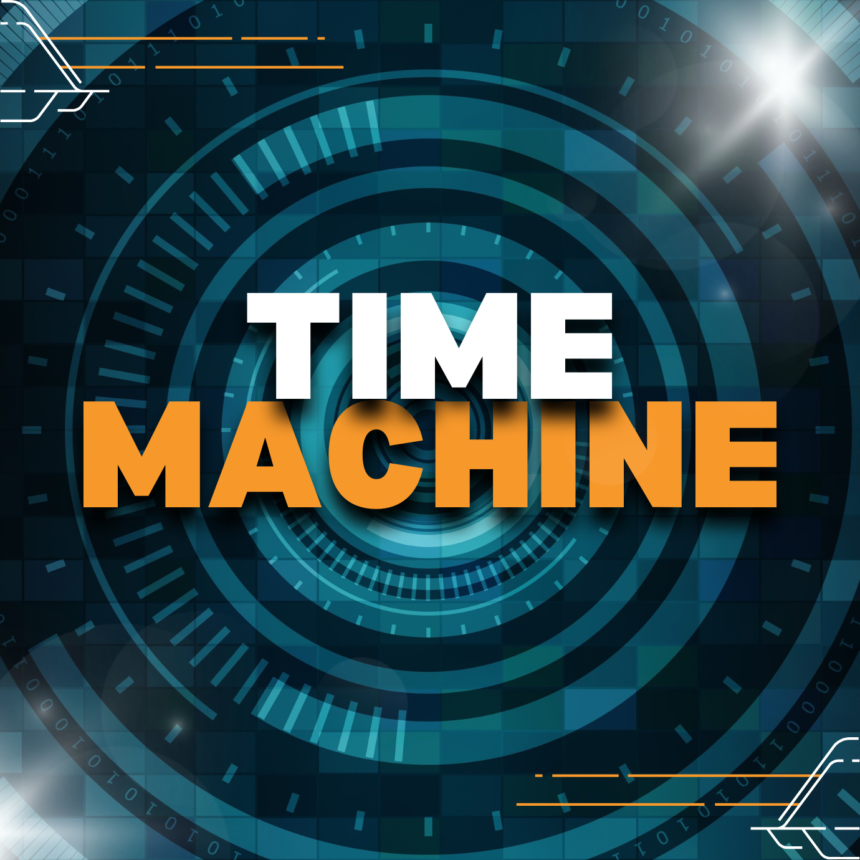The concept of time travel has been a recurring theme in science fiction, captivating the human imagination for decades. However, one of the most intriguing and thought-provoking aspects of time travel is the famous “Grandfather Paradox.” The paradox raises a challenging question that has sparked numerous debates and philosophical discussions among scientists and enthusiasts. Let’s explore the paradox and its implications:
The Grandfather Paradox:
The Grandfather Paradox presents a hypothetical situation where a time traveler goes back in time and somehow prevents their grandfather from meeting their grandmother. As a result, the time traveler’s parents are never born, which means the time traveler is never born as well. If the time traveler is never born, then they cannot travel back in time to prevent their grandfather’s meeting, creating a logical contradiction.
The Paradox in Action:
To better understand the Grandfather Paradox, let’s follow a hypothetical sequence of events:
- The time traveler goes back in time to prevent their grandfather from meeting their grandmother.
- Due to the time traveler’s intervention, their grandparents never meet and do not have children (including the time traveler’s parents).
- Since the time traveler’s parents were never born, the time traveler is never born as well.
- However, if the time traveler is never born, they cannot travel back in time to prevent their grandfather’s meeting.
Resolving the Paradox:
The Grandfather Paradox challenges the logical consistency of time travel, as it creates a self-contradictory loop. It suggests that backward time travel might lead to situations where the past is altered in such a way that it negates the very events that led to the time traveler’s existence.
Various solutions have been proposed to address the paradox:
- Multiple Timelines: One solution posits that when the time traveler alters the past, it creates a branching of timelines. The original timeline continues unaffected, while a new timeline is formed where the time traveler’s intervention occurred. This concept is often associated with the “Many-Worlds Interpretation” of quantum mechanics.
- Fixed Timeline: Another approach suggests that time travel is deterministic, and any attempt to alter the past would be futile. In this view, the events leading to the time traveler’s journey have already occurred, and their actions in the past are consistent with what has already been observed.
The Philosophical Implications:
The Grandfather Paradox raises fundamental questions about the nature of time, causality, and free will. It challenges our understanding of the past, present, and future and forces us to grapple with the implications of time travel in a coherent and logical framework.
While time travel remains a fascinating concept in science fiction, it is crucial to remember that it has not been realized in reality, and the Grandfather Paradox is purely theoretical. As our understanding of physics evolves, so too may our insights into time travel and the philosophical quandaries it presents. Until then, the Grandfather Paradox serves as a captivating thought experiment, inviting us to ponder the mysteries of time and the boundaries of possibility.
